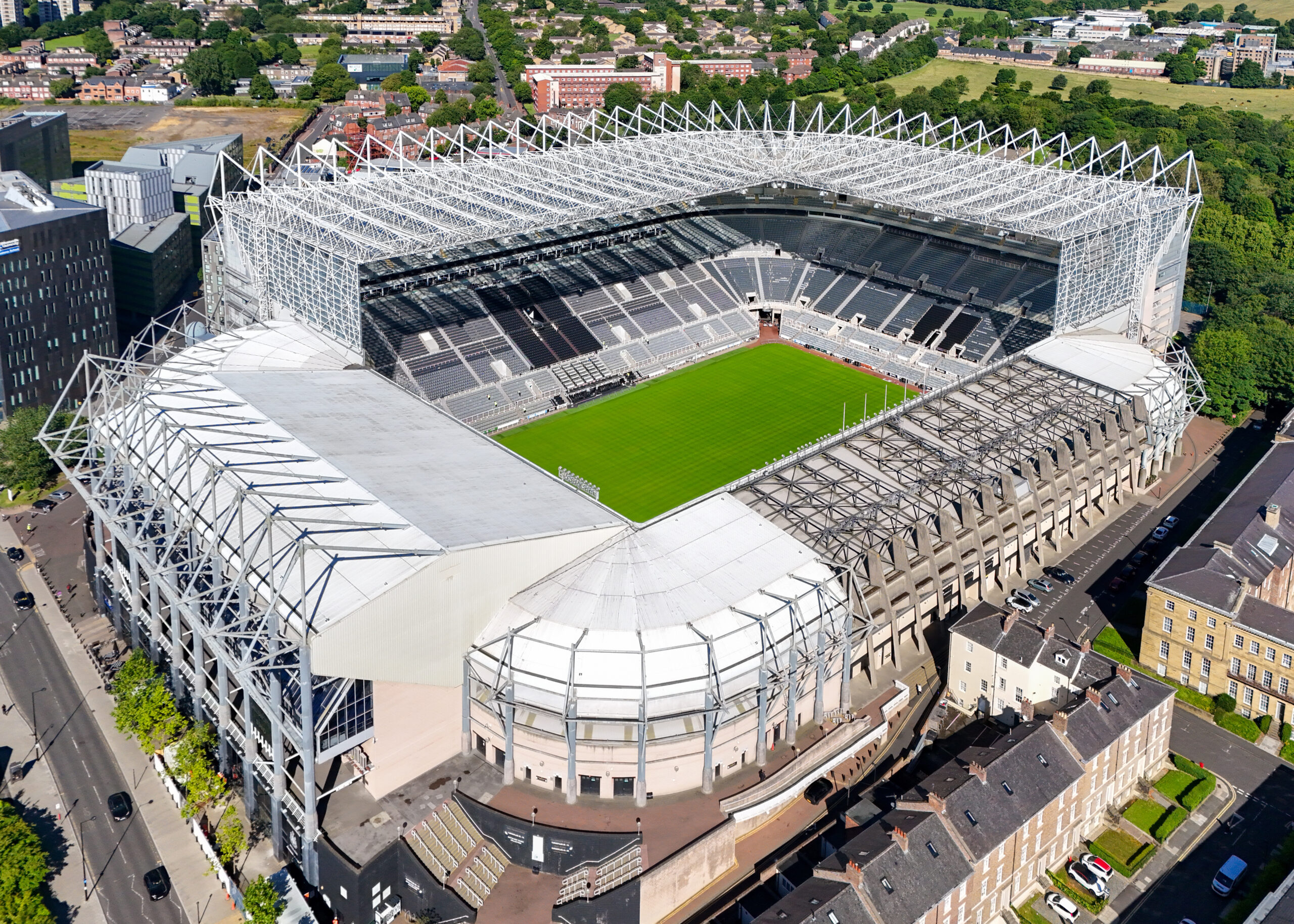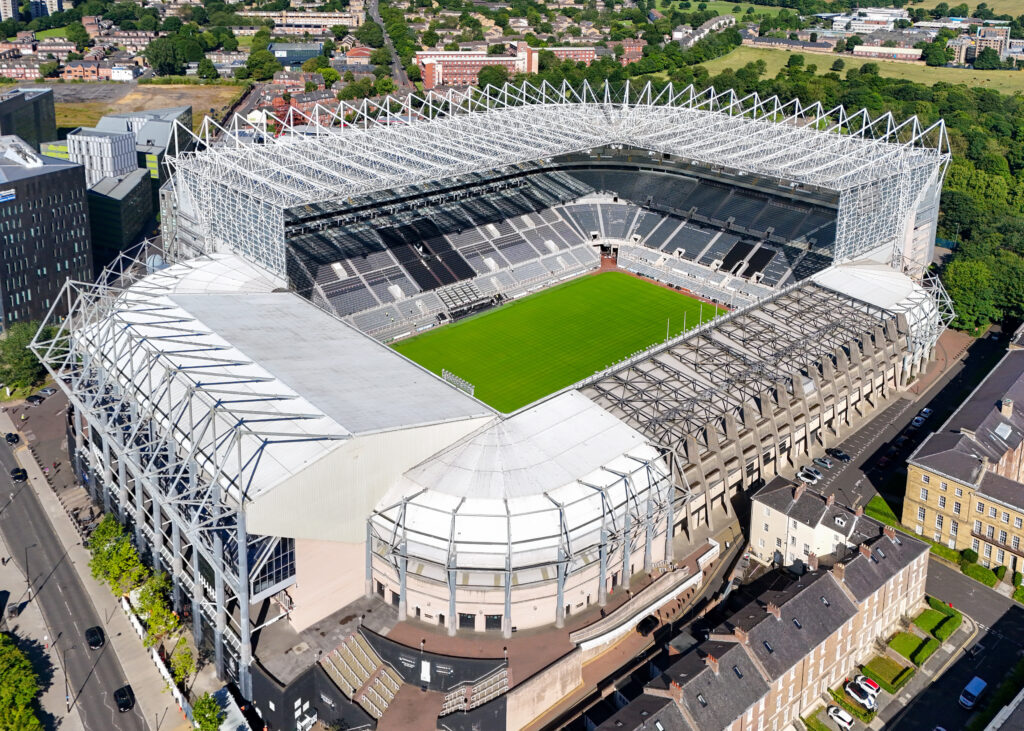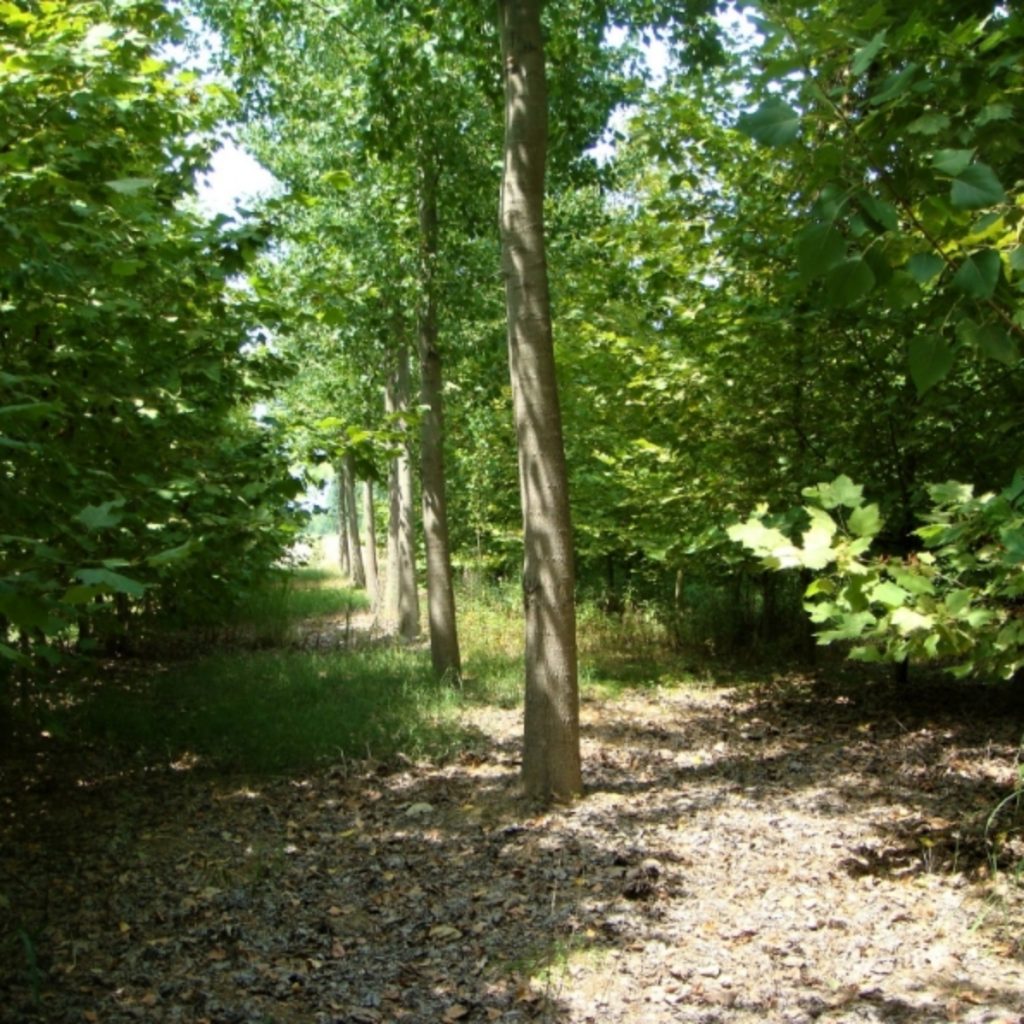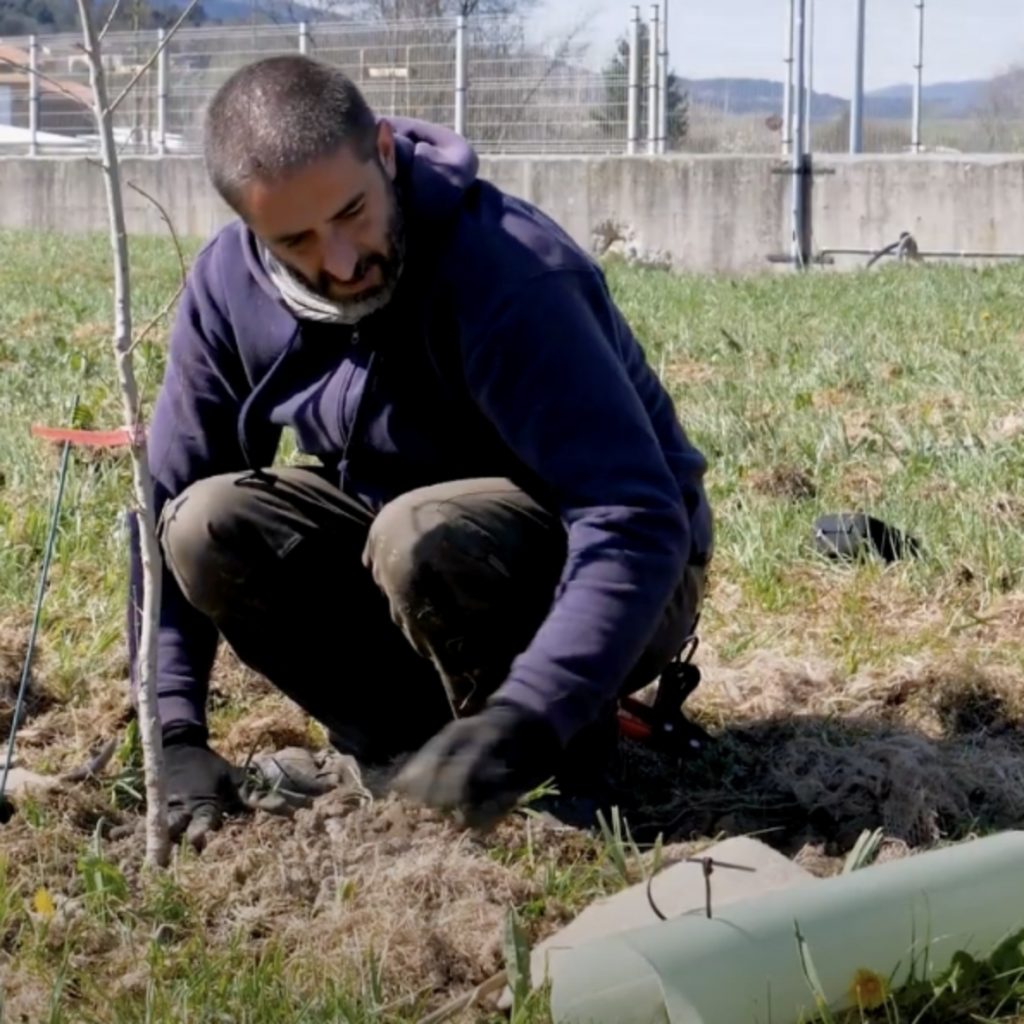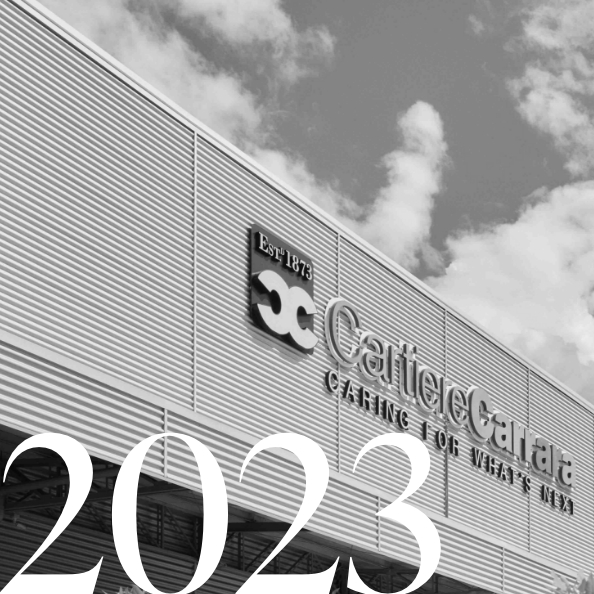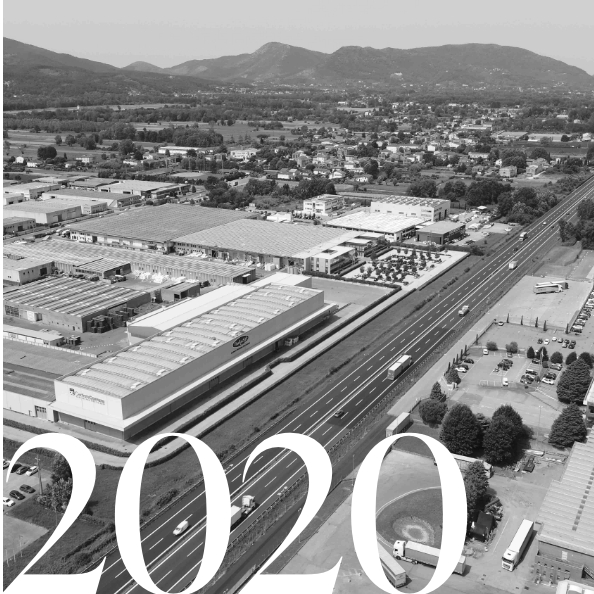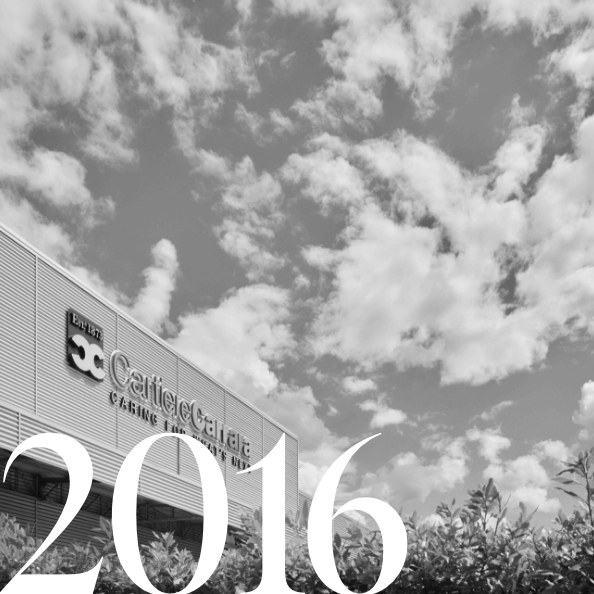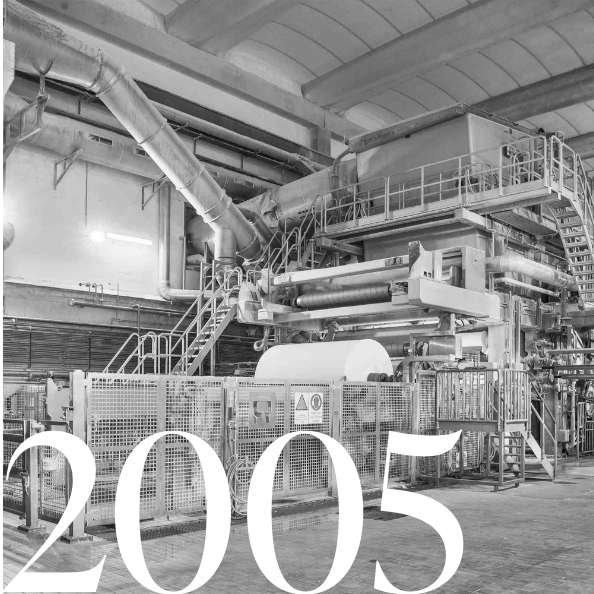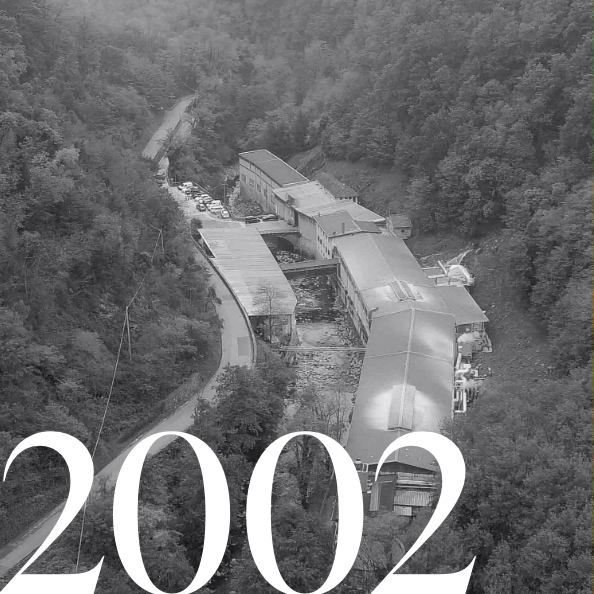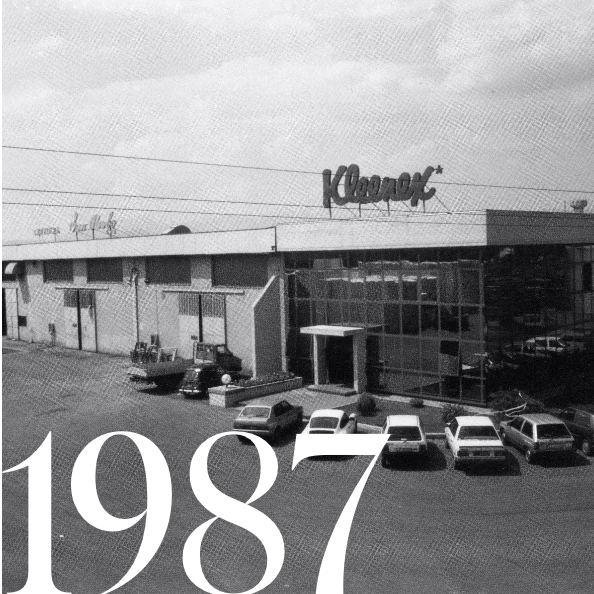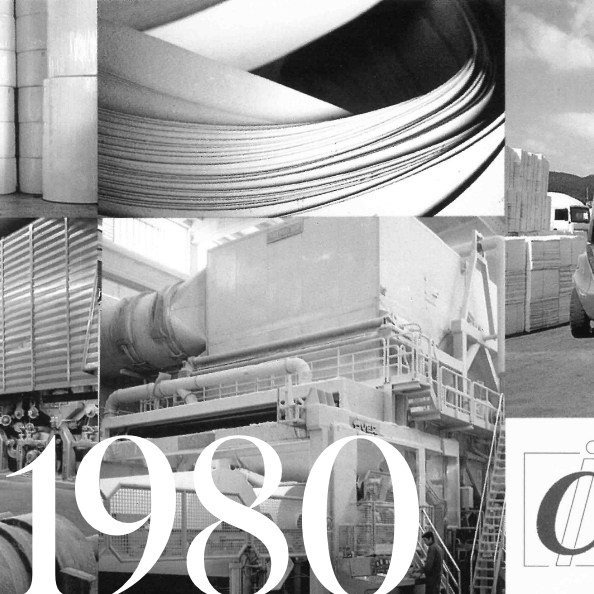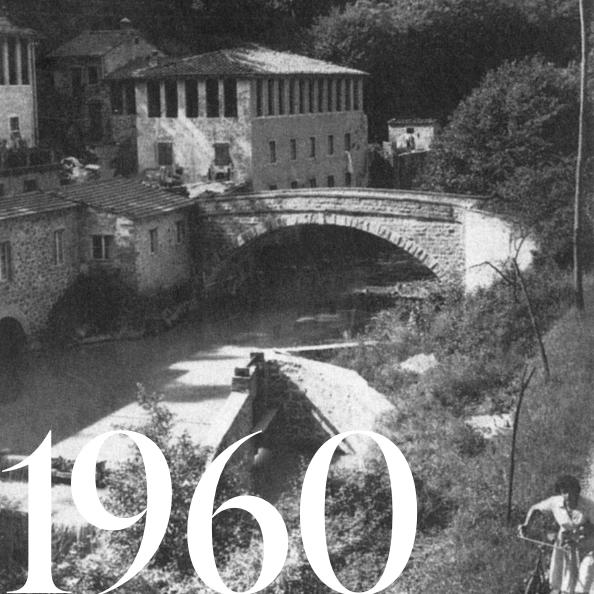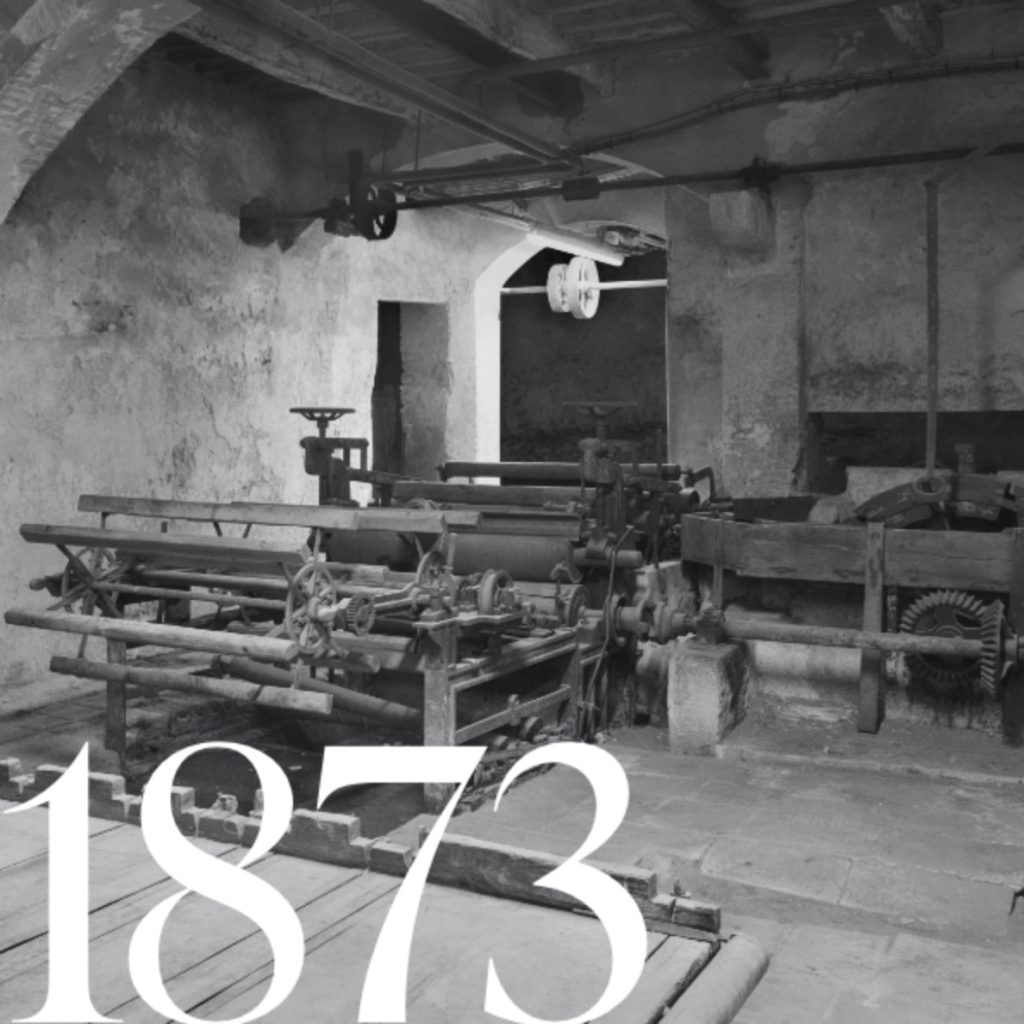Here at Cartiere Carrara UK, we’re always proud to see our innovative hygiene systems making
a real difference for our clients. And we’ve just had a fantastic result come in from a true icon of
the UK – Newcastle United Football Stadium!
For the past 18 months, the legendary Magpies’ home ground and training facilities have been
utilising our high-capacity hygiene solutions, specifically the Evsolution 4 Roll Coreless Toilet
Roll System and our efficient Hand Roll Towel system. The goal? To find a robust, user-friendly
way to manage washroom hygiene in a venue that sees incredible footfall week in, week out.
We’re delighted to report that the feedback has been overwhelmingly positive! The stadium’s
facility team has experienced significant time savings thanks to the high capacity of our
dispensers. Think about it – fewer refills mean less time spent on maintenance and more time
for the team to focus on keeping everything else running smoothly.
As one spokesperson for Newcastle United put it:
“The Evsolution 4 roll toilet roll and Hand Roll Towel system have been used throughout the stadium and training group for approx. 18 months. The dispensers have proven to be robust and user friendly.
The high-capacity system has saved the facility team considerable time in reducing replenishing
of the dispensers. We would recommend the system for high footfall facilities such as stadia.”

So, what makes the Evsolution system a winner for a place like St. James’ Park? Here are a few
key features that contributed to their success:
● High-Capacity Powerhouse: Our 4-roll coreless toilet roll dispenser is designed for
maximum capacity, meaning less frequent refills – a game-changer in busy
environments.
● No More Core Chaos: Our coreless toilet rolls, with a generous 157.5 meters of
tissue per roll, eliminate the mess and waste of traditional cardboard and plastic cores.
● Less Waste, More Efficiency: The 4-roll system ensures you’re using every bit of
tissue, with no core wastage.
● Hygiene First: Touch-free activation on the toilet roll dispenser promotes a cleaner
and more hygienic experience for everyone.
● See at a Glance: The visual front cover makes it easy to check capacity levels without
needing to open the dispenser, saving even more time.
● Quality You Can Trust (and the Planet Will Thank You For): Made with 2-ply pure
pulp that breaks down quickly and boasts Ecolabel Accreditation, it’s a choice that’s
good for your business and the environment.
● Smart Investment: Our dispensers are supplied Free On Loan (FOL) with a signed
agreement, making it a cost-effective solution from the start.
● Real Labour Savings: We’re not just talking small savings – the high capacity can
reduce replenishing manpower by up to 3 to 1!
The success at Newcastle United is a testament to the power of smart hygiene solutions in
managing high-traffic facilities. If you’re managing a stadium, arena, airport, or any other busy
environment, and you’re looking for ways to boost efficiency, reduce waste, and improve your
team’s workload, maybe it’s time to consider the Evsolution.
Want to learn how Evsolution can help your high-footfall facility? Contact us today.

